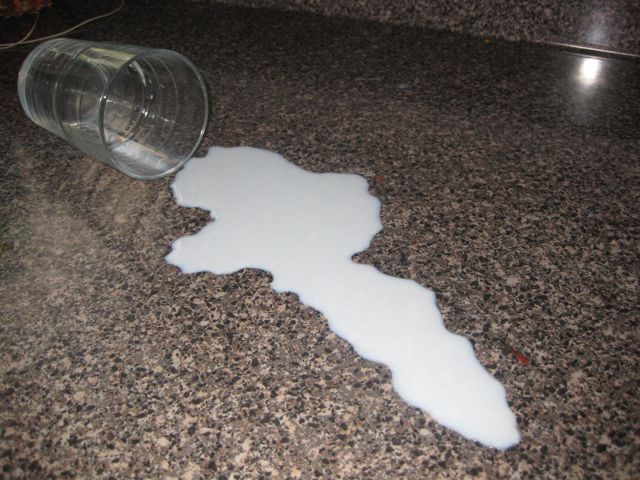Adversity, setbacks, and even trauma may actually be necessary for people to be successful and fulfilled.
I had a rare quiet lunch at home today and enjoyed some leisurely reading…and I found myself drawn to finish an article in Psychology Today that I had started months ago but hadn’t finished.
A couple of excerpts:
- We do know that learning is error-driven—probably as a result of the brain trying to be efficient. Failures grab our attention. So many things happen the way we expect them to that mistakes register disproportionately. We’re forced to integrate that new information. Researchers have found that the more wildly wrong our prediction was, the quicker we learn.
- We should hope, then, for exposure to failure, early and often….Such a pattern [of failure] seems to promote the trait sometimes called equanimity. We learn that trauma is survivable, so we don’t plunge too deeply following setbacks. [bold marking mine]
- Chess is a game of failure….At the beginning you lose—a lot. The kids who are going to succeed are the ones who learn to stand it. A lot of young players find losing so devastating they never adapt, never learn to metabolize that failure and to not take it personally. But good players lose and then put the game behind them emotionally.
- Bubble-wrapping kids to shield them from failing does them no favors. Without that trial-and-error learning from gradual exposure to risk, kids become vulnerable to anxiety disorders…But at the other extreme, exposure to repeated and relentless failure can crush the spirit of even a resilient kid. A parent’s job, then, is to create a kind of sweet spot of exposure to failure..
- It’s interesting how many people are coming up to me and talking about their relationship with failure,” he [author Philip Schultz of Failure], “Everyone thinks they’re a failure. The only people who don’t are the ones who really are.”
LOVE. THIS. IDEA. of recognizing the value of mistakes.

I love how this gives permission mandates errors and mistakes as important ways of learning about the world, oneself, and becoming a stronger more resilient person. I honor our clients who come to us after a colossal mistake to process what happened, and learn from it—to make it a growing experience which, years from now, will be seen as the starting point of something important.
Falling on one’s face is difficult, but essential. Embrace it?! Let your kids discover failure?
Yup, embrace it!






Write a Comment